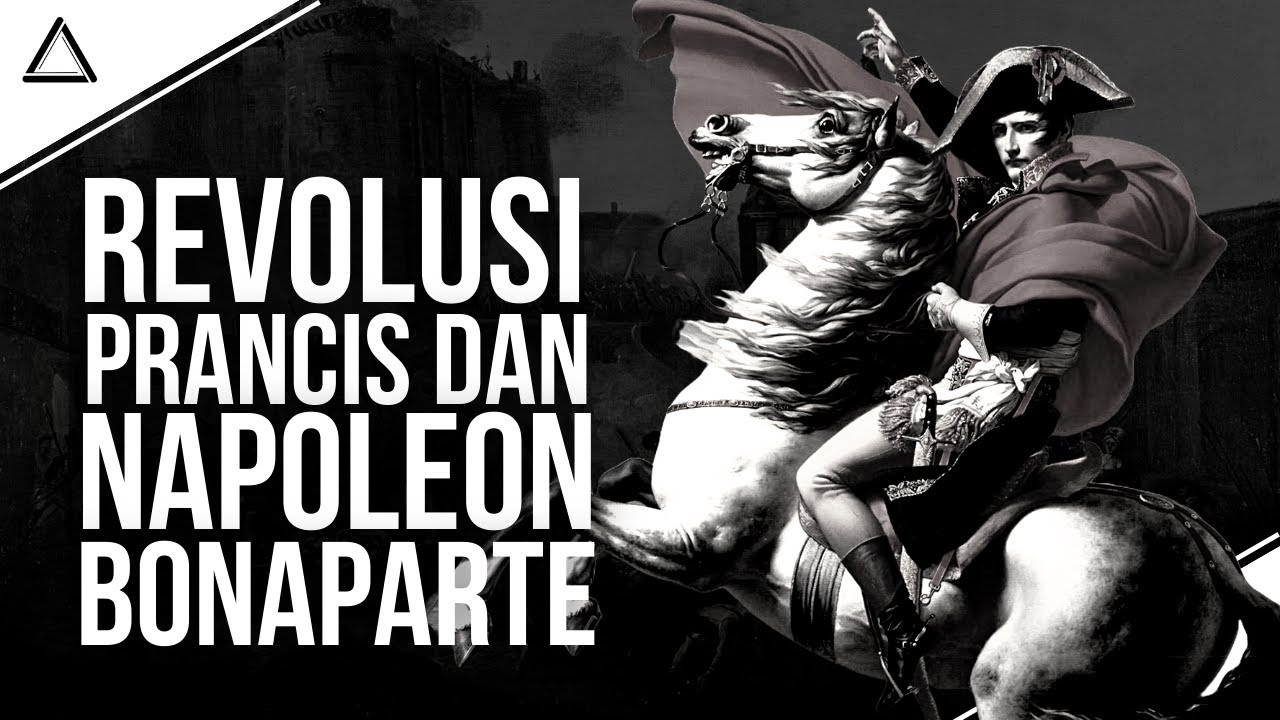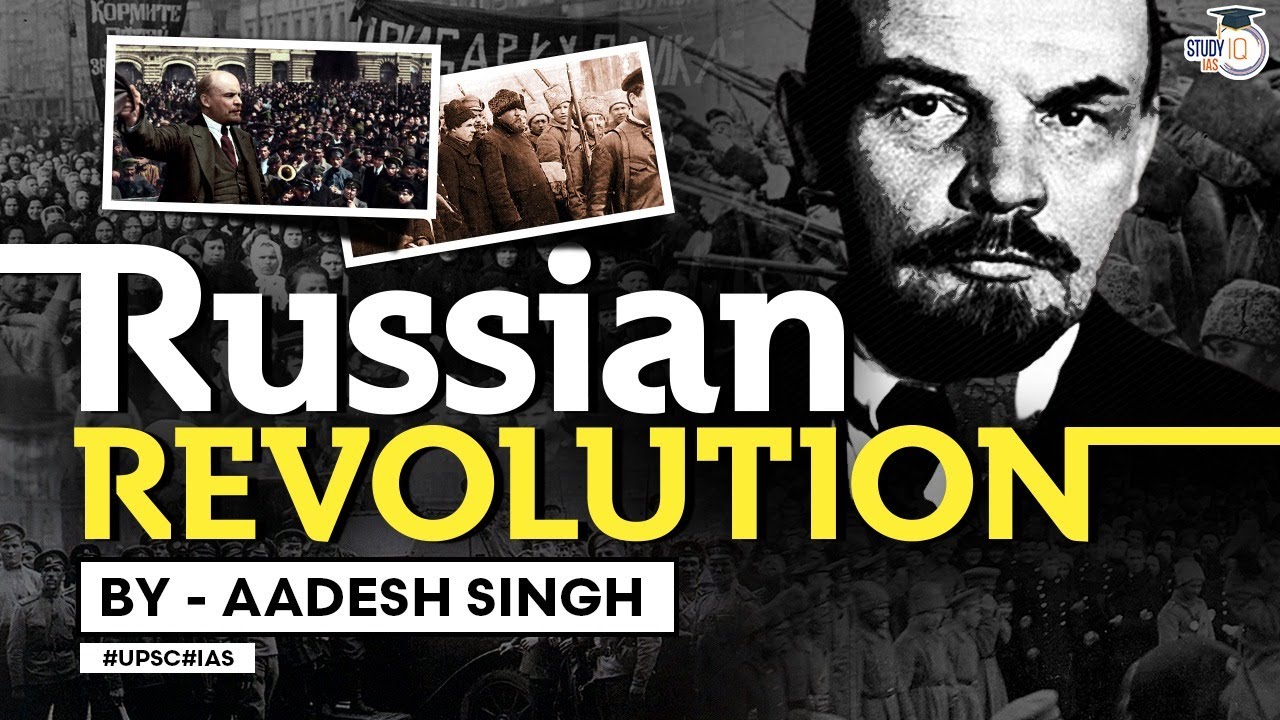A Revolução Francesa | Tudo o que você Precisa Saber
Summary
TLDRThe French Revolution was a pivotal event that reshaped France and the world, ending the monarchy and influencing global democratic principles. It began with the Third Estate's demand for political rights and escalated into a battle against the absolute power of King Louis XVI. Influenced by Enlightenment ideas, the revolution led to the Declaration of the Rights of Man and Citizen, the establishment of a constitutional monarchy, and later, the rise of the Republic. The revolution sparked significant changes across Europe, promoting ideals of liberty, equality, fraternity, and nationalism, which continue to shape modern political landscapes.
Takeaways
- 😀 The French Revolution was a significant event that ended absolute monarchy in France and influenced the world.
- 😀 It promoted democratic principles, such as liberty, equality, fraternity, and human rights, which are still relevant today.
- 😀 The revolution inspired the Declaration of the Rights of Man and of the Citizen, which impacted constitutions in various countries.
- 😀 The French Revolution led to the rise of nationalism in Europe and the separation of church and state.
- 😀 France's social structure before the revolution was feudal, with privileges given to the clergy and nobility, leading to widespread discontent among commoners.
- 😀 The Enlightenment thinkers like Voltaire, Montesquieu, Rousseau, and Diderot played a pivotal role in shaping revolutionary ideas.
- 😀 The Revolution started with the Estates-General in 1789 and the storming of the Bastille, symbolizing the people's fight against tyranny.
- 😀 King Louis XVI's execution marked the end of the French monarchy and the beginning of the First French Republic.
- 😀 The Revolution faced internal division, with moderate Girondins and radical Jacobins competing for power, leading to the Reign of Terror.
- 😀 Napoleon Bonaparte emerged as a leader, bringing stability to France after the chaos of the Revolution and spreading revolutionary ideals through his conquests.
Q & A
What were the main causes of the French Revolution?
-The main causes of the French Revolution were the dissatisfaction with absolute monarchy, the privileges enjoyed by the clergy and nobility, the influence of the Enlightenment ideas, and the economic strain on the common people, particularly the Third Estate, which included the bourgeoisie, artisans, and peasants.
How did Enlightenment thinkers contribute to the French Revolution?
-Enlightenment thinkers, such as Voltaire, Montesquieu, Rousseau, Diderot, and Adam Smith, criticized the absolute monarchy, mercantilism, and the privileges of the clergy and nobility. They promoted ideas like the separation of powers, equality before the law, and the end of the estate-based society, all of which influenced revolutionary actions.
What was the significance of the Declaration of the Rights of Man and Citizen?
-The Declaration of the Rights of Man and Citizen, adopted on August 26, 1789, was a foundational document of the French Revolution. It outlined principles of liberty, equality, fraternity, and the right to private property. It influenced constitutions worldwide, including those of the United States, Germany, and Brazil.
What was the role of the Third Estate in the French Revolution?
-The Third Estate, consisting of the bourgeoisie, artisans, and peasants, was the most numerous social group and played a key role in the Revolution. They were frustrated by their lack of political power and the economic burdens imposed by the monarchy and nobility. They eventually declared themselves the National Assembly, which set the stage for significant political changes.
How did King Louis XVI react to the revolution?
-King Louis XVI initially resisted the changes brought by the revolution, including the establishment of the National Assembly. When he attempted to flee France in 1791, he was captured and later executed by guillotine in January 1793. His resistance and eventual execution symbolized the collapse of the absolute monarchy.
What was the significance of the storming of the Bastille?
-The storming of the Bastille on July 14, 1789, was a symbolic event that marked the beginning of the French Revolution. The Bastille was a prison that represented royal authority and tyranny. The event galvanized the revolutionaries and led to King Louis XVI recognizing the National Assembly.
What was the 'Reign of Terror'?
-The Reign of Terror, which occurred from 1793 to 1794, was a period during the French Revolution when radical revolutionaries, particularly the Jacobins, took control. They used extreme measures, including the guillotine, to suppress any opposition to the revolution. The law of suspects allowed the execution of those suspected of being anti-revolutionary.
What role did Napoleon Bonaparte play in the French Revolution?
-Napoleon Bonaparte played a crucial role in ending the revolution's chaotic phase. In 1799, he staged a coup d'état, known as the 18 Brumaire, and established the Consulate, concentrating power in his hands. While he brought stability to France, his actions ultimately marked the end of the revolutionary period and the rise of authoritarian rule.
What were the long-term effects of the French Revolution on global politics?
-The French Revolution had profound global effects, spreading ideas of liberty, equality, fraternity, and nationalism. It led to the end of feudalism in many parts of Europe and influenced movements for independence and constitutional reforms worldwide, including the Americas and across Europe.
How did the French Revolution influence modern democratic principles?
-The French Revolution contributed to the development of modern democratic principles, such as the importance of popular sovereignty, the protection of individual rights, and the separation of powers. These ideals, expressed in documents like the Declaration of the Rights of Man and Citizen, continue to shape democratic governments today.
Outlines

This section is available to paid users only. Please upgrade to access this part.
Upgrade NowMindmap

This section is available to paid users only. Please upgrade to access this part.
Upgrade NowKeywords

This section is available to paid users only. Please upgrade to access this part.
Upgrade NowHighlights

This section is available to paid users only. Please upgrade to access this part.
Upgrade NowTranscripts

This section is available to paid users only. Please upgrade to access this part.
Upgrade NowBrowse More Related Video

Latar belakang, Proses terjadinya, dan Dampak Revolusi Prancis

Sejarah Revolusi Prancis Dan Masa Kepemimpinan Napoleon Bonaparte

Sejarah Singkat Revolusi Prancis

French Revolution: Causes, Consequence | Liberty, Equality and Fraternity | UPSC | GS HISTORY

REVOLUÇÃO INGLESA (Resumo)

Russian Revolution | Bolshevik Revolution | World History | General Studies | UPSC
5.0 / 5 (0 votes)